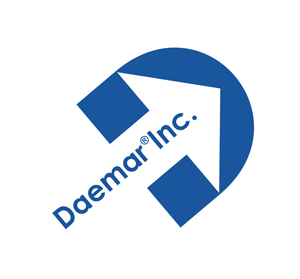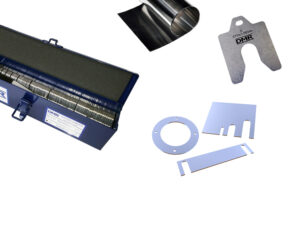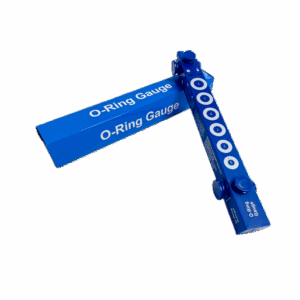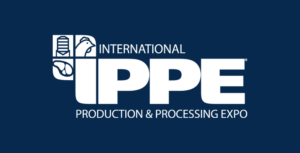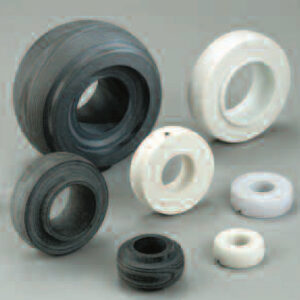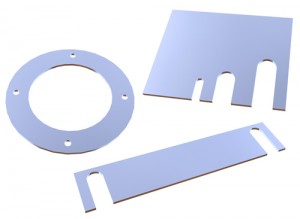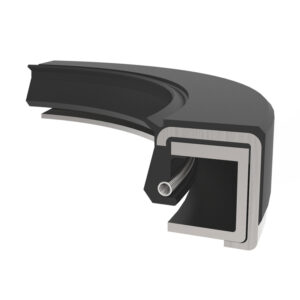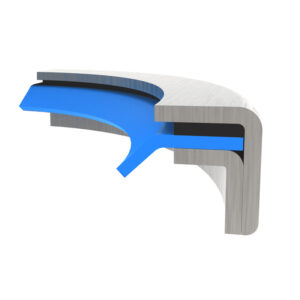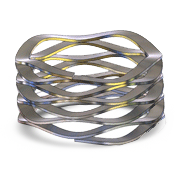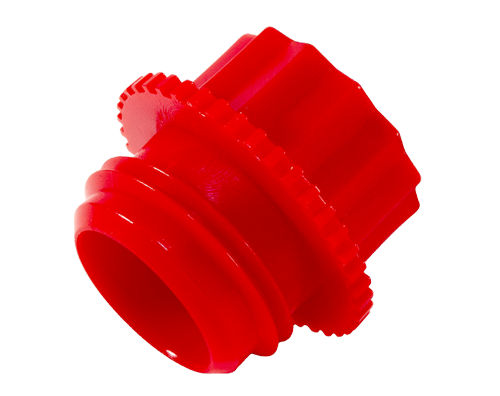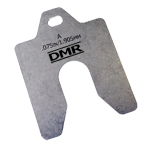New Regulations Proposed for U.S. Offshore Oil Drilling
It has been five years since the Deepwater Horizon explosion in the Gulf of Mexico, an explosion that led to one of the worst oil spills in history. Since that incident, there have been calls for reforms in the offshore oil drilling industry. In a plan just recently unveiled, the U.S. government looks to take action to avoid incidents of this magnitude in the future.
New Rules Proposed for Offshore Drilling
The main plan is to strengthen the design requirements for critical equipment used in offshore drilling. In particular, they plan on focusing on blowout preventers, which are the last line of defense on an offshore platform against surges and explosions. The new rules would require two such preventers, as well as tightening the safety requirements of the preventers.
Blowout preventers are already common in the operation of offshore drilling platforms. In fact, Deepwater Horizon was equipped with one but it was activated too late to stop the spill. The proposed plan would require regular inspection of the equipment, along with real-time monitoring of preventers from both on the rig as well as on the shore. On top of this, there would be a yearly third-party audit of repair and maintenance records of the preventers.
Along with this concentration on preventers, the plan would also require all rigs to use new technology when drilling, for the proper centering of the drill. All rigs would also be required to have biweekly safety inspections.
Effects of New Regulations on Offshore Drilling
The main effects of these new regulations would be to improve worker safety, as well as peace of mind for communities near offshore drilling locations. While incidents on offshore rigs are relatively rare, this would help to further reduce the chance of one happening.
Here at Daemar Inc., we will continue to keep abreast of changes and regulations in the oil industry, so that we can help our customers to adapt to these changes. With our products common in the drilling field, we want to see the industry continue to become a safer, more productive field for all involved.
